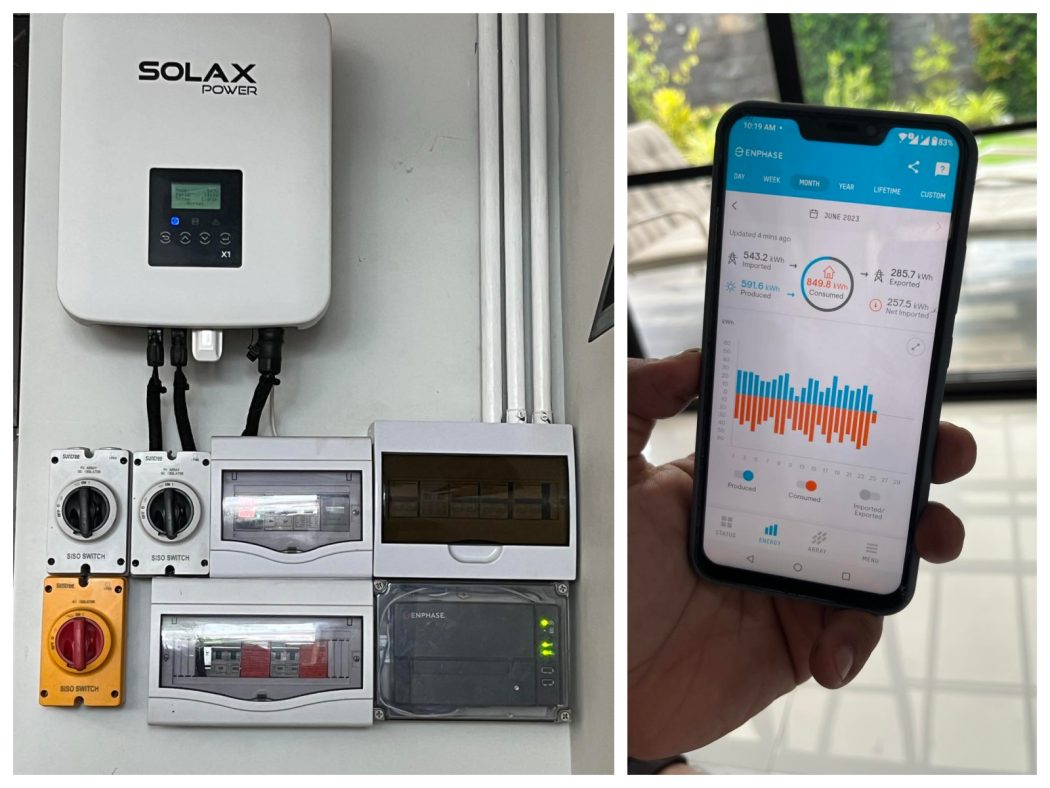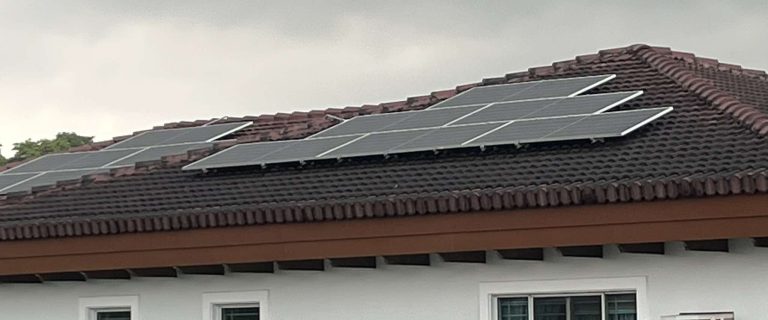The Philippines, a country with some of the highest electricity rates in Southeast Asia, has immense potential for solar energy. Yet, despite the long-term financial and environmental benefits of rooftop solar power (RTSP), its adoption remains limited. A study conducted by Ateneo de Manila University sheds light on why many households in Metro Manila and nearby provinces hesitate to embrace solar technology.
Cost is not the only barrier
While the upfront cost of installing RTSP is significant—exceeding ₱100,000 for an average home—it is not the sole factor influencing adoption. The study, led by Professor Rosalina Palanca-Tan and published in Challenges in Sustainability, found that concerns about trustworthiness, quality, and warranties from providers weigh just as heavily on homeowners’ minds.
Most households surveyed acknowledged the long-term savings from solar panels, given the country’s electricity rates of around ₱11.50 per kilowatt-hour—nearly double the rates in neighboring countries like Vietnam and Malaysia. Solar panels also offer environmental benefits, such as reducing greenhouse gas emissions and combating climate change, further bolstering their appeal.
However, many remain hesitant. The study found that only 20% of respondents had firm plans to install solar panels, despite 82% expressing interest. A significant gap exists between awareness of renewable energy’s general benefits and knowledge of RTSP’s specific advantages, such as increasing property value and enhancing roof durability.

The role of government and awareness campaigns
The research highlights a pressing need for government intervention. Enhancing net metering policies, accrediting reliable RTSP providers, and increasing access to financing options could significantly boost public adoption. For instance, favorable net metering allows homeowners to sell excess solar energy back to the grid, reducing payback periods.
Public education campaigns are equally vital. Many households surveyed were unaware of available installation services or how to evaluate providers. The study also recommends leveraging word-of-mouth marketing by showcasing success stories and testimonials from early adopters. Respondents were more likely to consider solar technology if friends or family had positive experiences.
Building a brighter future
The Philippines stands to benefit immensely from widespread adoption of solar technology. Beyond the potential cost savings for households, a robust push for RTSP aligns with the country’s climate goals and addresses its energy challenges.
Efforts to address misconceptions, promote credible providers, and expand government subsidies could transform solar adoption in Metro Manila and beyond. As the study suggests, creating a more informed public and fostering trust in solar technology may unlock its full potential for Filipinos, offering both economic relief and a greener tomorrow.


